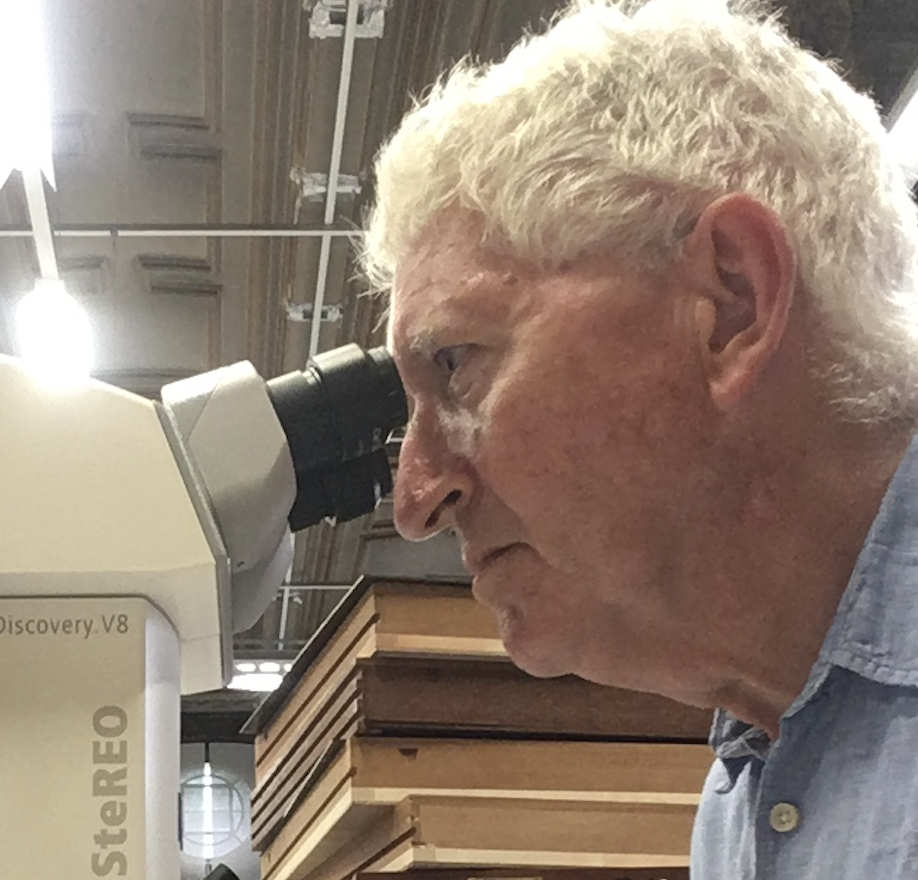They do indeed. Adult wasps are omnivores – though they regularly visit flowers to feed on nectar, they are primarily insect predators, taking flies, bugs, aphids, caterpillars (or whatever they can get) and feeding the chewed remains to their grubs back in the nest (the larvae are wholly carnivorous).
Wasps are also highly successful scavengers, and in summer are attracted to fallen fruit, cream teas, barbecues, rubbish bins – and carrion. The insects have powerful jaws to despatch their prey, and these are also useful for tearing morsels of decaying flesh from any animal remains they might come across.
Back in the nest the wasp grubs accept animal protein from all sources. Wasps attracted to carrion will also attack the blow flies and maggots on the corpse, giving them a variable position in the complex ecological web of death, decay and recycling.
Do you have a wildlife question you’d like answered? Email your question to wildquestions@immediate.co.uk or post it to Q&A, BBC Wildlife Magazine, Immediate Media Company, Eagle House, Bristol, BS1 4ST.
Main image: Adult wasps are omnivores. © Steve Cook/EyeEm/Getty
